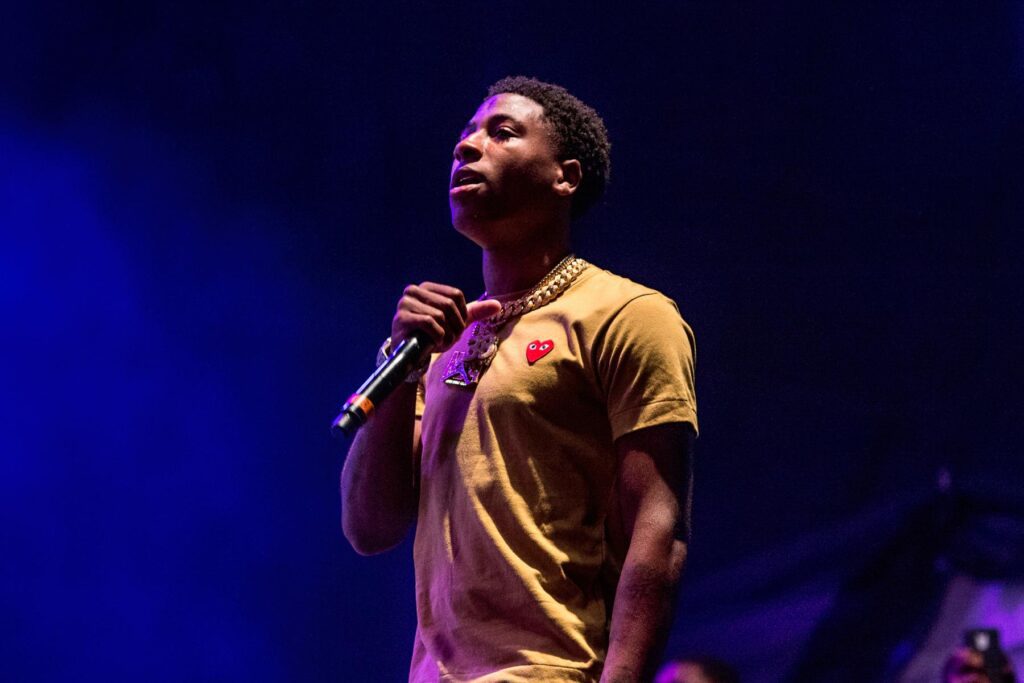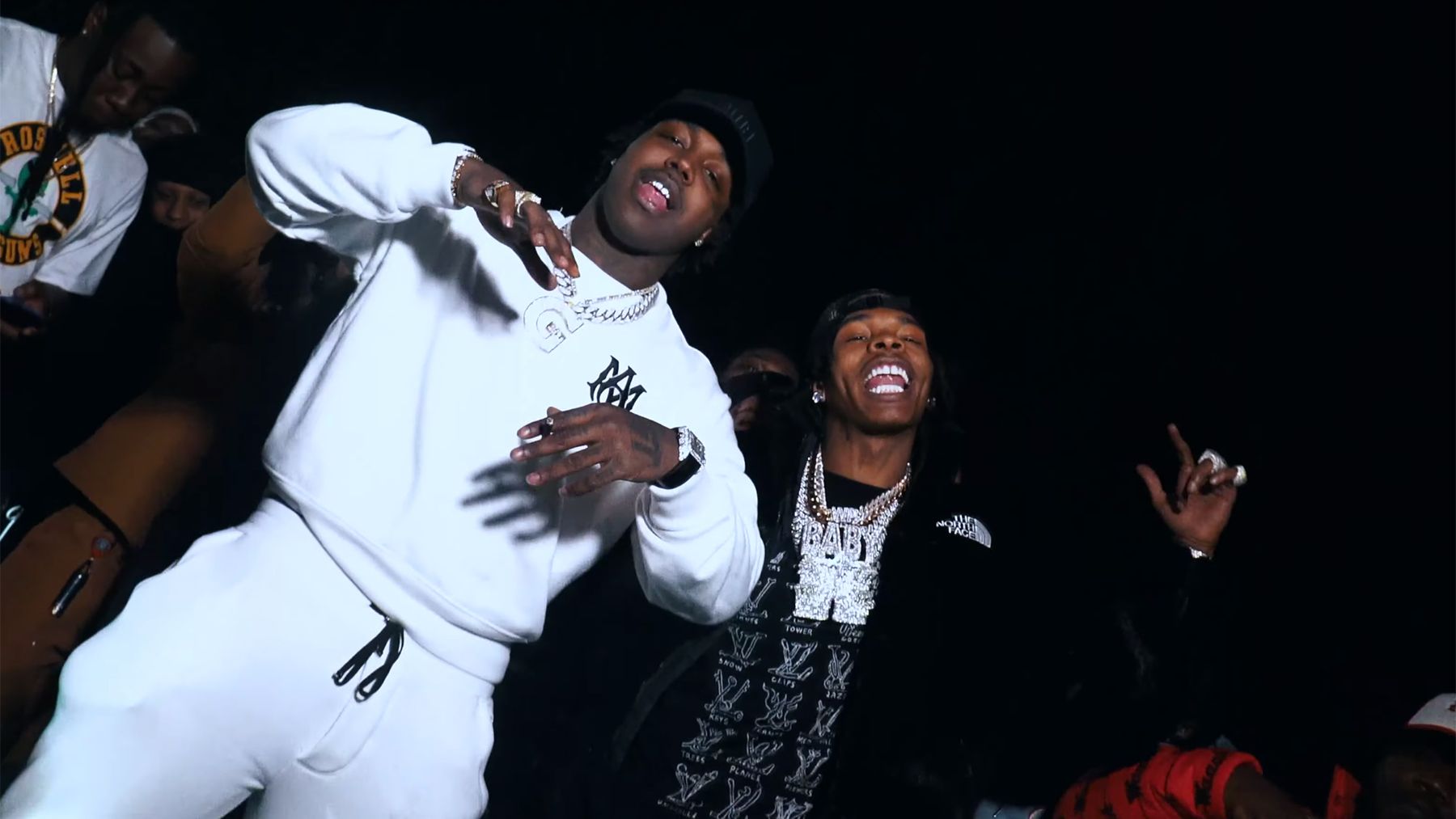
NBA YoungBoy Prosecutors Beg Judge to Reverse Video Suppression Ruling
After losing a key ruling in YoungBoy Never Broke Again’s felony gun case in Louisiana, prosecutors are asking a federal judge to “reconsider” her blockbuster decision and allow jurors to see videos obtained through what the court has called a faulty search warrant.
In new paperwork obtained by Rolling Stone, prosecutors say they “regrettably” failed to fully brief the court on two issues they believe would have torpedoed YoungBoy’s successful effort to suppress the video purportedly showing him with one or more firearms before his September 2020 arrest outside his grandfather’s home in Baton Rouge.
Prosecutors who previously focused their energy on defending the search warrant now argue that YoungBoy, whose legal name is Kentrell Gaulden, actually lacked sufficient standing to even challenge the admissibility of the videos in the first place. “Gaulden has no Fourth Amendment property interest in the videos as they were commissioned by a limited liability company named Big38Enterprise,” they allege in their new filing.
Prosecutors further claim Gaulden has no Fourth Amendment privacy interest in the videos because they depict “conduct he knowingly exposed to the public on the streets of Baton Rouge.”
“Gaulden alleges that the seized videos contain ‘intimate footage of Gaulden with his family,’” the new nine-page request for reconsideration filed Tuesday reads. “However, as described in the United States’ original opposition and never disputed by Gaulden, the only videos that the United States intends to offer as evidence at trial do not depict such private matters. Rather, they depict Gaulden engaging in criminal activity — i.e., possessing firearms — in public.”
“The compelling evidence of Gaulden’s brazen criminal activity should not be excluded from trial because Gaulden’s personal rights were not violated by the searches and seizures at issue. It was Gaulden’s burden to prove standing, and he did not do so. The video evidence should therefore be admitted at trial,” the prosecutors argue.
“This is just an unproductive attempt to get [the judge] to reconsider. They won’t get the result that they want,” YoungBoy’s lawyer Drew Findling tells Rolling Stone. “Her order was extremely comprehensive. I cannot imagine there’s one thing she missed. So I really doubt any second-guessing on their part is going to have her reconsider what she’s already spent a tremendous amount of time deciding.”
In her Feb. 24 decision now at issue, U.S. District Court Chief Judge Shelly Dick ruled that the videos were improperly searched by Baton Rouge police after SD storage cards were seized near the scene of where YoungBoy was arrested Sept. 28, 2020 alongside several other associates. The warrant “was invalid on its face,” the judge wrote in her split decision that denied a separate defense motion seeking to suppress firearms seized at the scene.
The judge said the video warrant was “rendered invalid” because the officer who wrote it included “misleading information,” namely a statement claiming that a “reliable witness” had informed police that a group of people were brandishing firearms and filming a rap video outside the home on Sept. 28, 2020. In reality, the allegation about the “rap video” was relayed to a senior officer on Sept. 27 by a so-called “reliable source,” while the allegation about people brandishing firearms came from an anonymous 911 call on Sept. 28, the judge said.
“The whole truth would have included that the tip about the rap video came in on September 27th — not September 28th — which would have negated probable cause to search the SD cards and camera for evidence of who possessed firearms or narcotics on September 28th,” Judge Dick wrote in her ruling.
Now serving pre-trial house arrest after his release from jail in October, YoungBoy has pleaded not guilty to charges he was a felon in possession of unregistered guns. His trial in the case was recently pushed to July 11.




